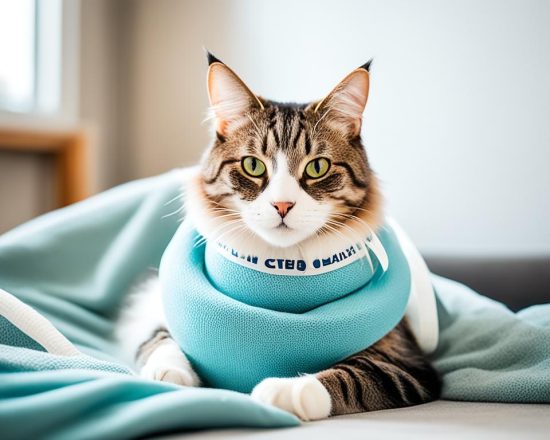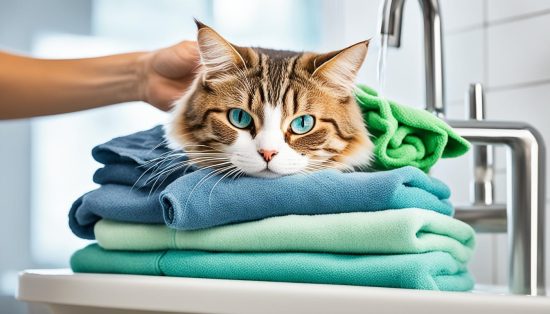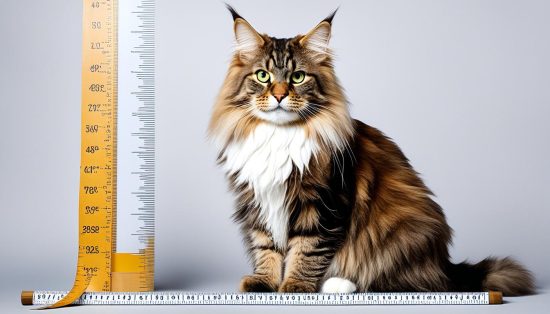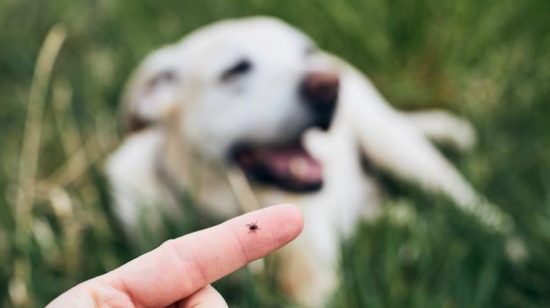My Cat Drools When I Pet Him – Find Out Now.
Discover why your cat shows affection through drooling when you pet them and learn if this is a sign of contentment or a health concern.
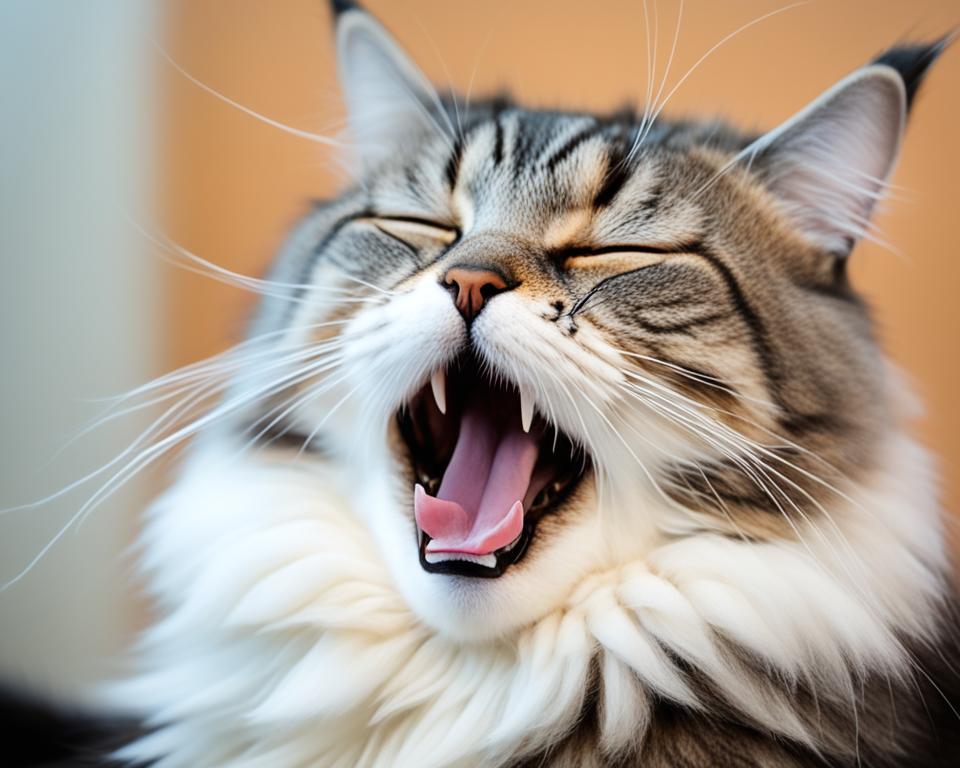
Have you ever wondered why my cat drools when I pet him? While this behavior may seem peculiar, it can be completely normal. Many cats drool when they are happy and relaxed, often during petting sessions. But is this drooling always a sign of contentment, or could it indicate an underlying health issue?
In some cases, cat drooling behavior can be a natural response to pleasure. Much like humans, felines can have unique ways of expressing their contentment and happiness. However, it’s essential to differentiate between harmless pet-induced drooling in cats and signs that may indicate a need for veterinary attention. For instance, older cats that start drooling suddenly are often exhibiting symptoms that require a closer look by a vet.
Understanding why your cat drools when petted involves looking at both behavioral and health-related factors. It could be as innocent as your feline friend showing you love, or it could be a more severe issue like dental disease, which is prevalent in 85% of cats over the age of three. Hence, being informed and observant about your cat’s drooling habits is crucial for their overall well-being.
Before you jump to conclusions about why your cat drools when you pet him, continue reading to uncover the various reasons behind this curious behavior and how you can ensure your feline companion stays healthy and happy.
Do cats drool?
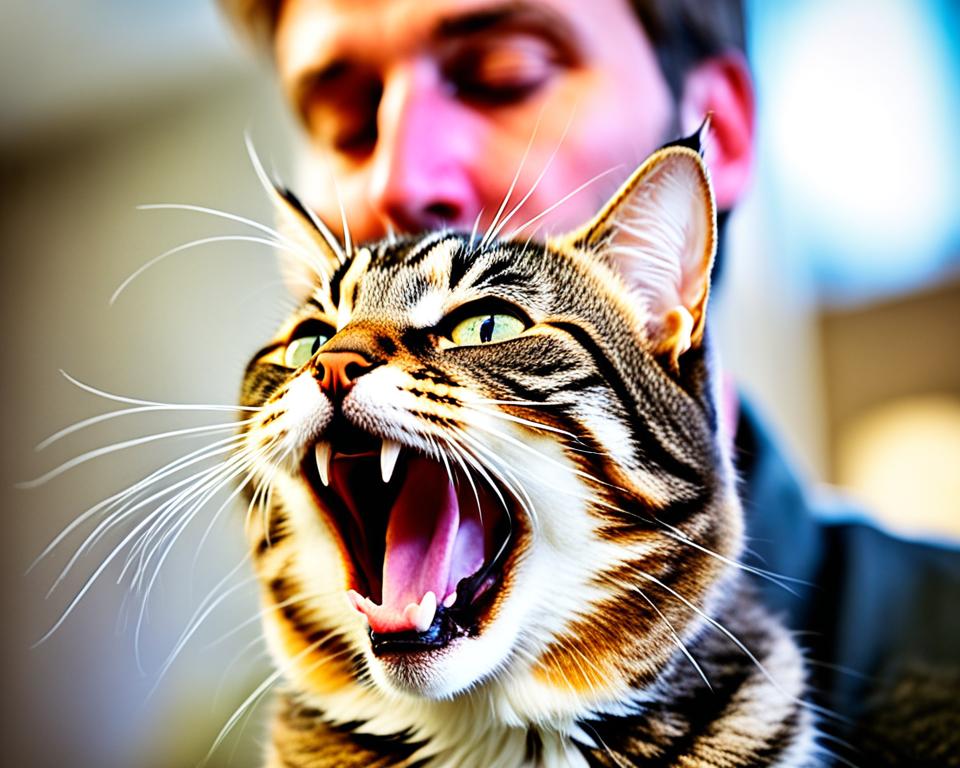
Have you ever noticed your cat drooling when they’re relaxed and purring? This behavior can be quite normal. Many ask, “do cats drool when they love you?” The simple answer is yes, often a feline’s drool is a sign of contentment and relaxation. When your cat starts purring and kneading, you may find them dribbling a bit. So, is it normal for a cat to drool when purring? Absolutely, especially during affectionate moments.
Cats have five major salivary glands, yet they don’t drool as noticeably as dogs. You might see this behavior during petting sessions or when they’re feeling particularly happy and secure. Interestingly, around 85% of cats over three years of age deal with dental disease, which is a substantial cause of excessive drooling. Dental issues such as gingivitis, stomatitis, or tartar buildup may lead to noticeable drooling, often with other symptoms like difficulty eating or a preference for softer foods.
Infectious conditions also play a role. Upper respiratory infections, for example, can cause oral ulcerations leading to drooling. Numerous underlying health conditions can make a cat nauseous, prompting drooling. This includes liver disease, kidney disease, pancreatitis, hyperthyroidism, and diabetes. Monitoring if your cat drools due to these conditions can provide insights into their health status.
Other serious conditions like oral cancer, trauma from accidents, or neurological diseases can result in drooling. Such conditions may come with additional signs like bad breath, inability to eat, and physical weakness.
Why does the cat drool at all?
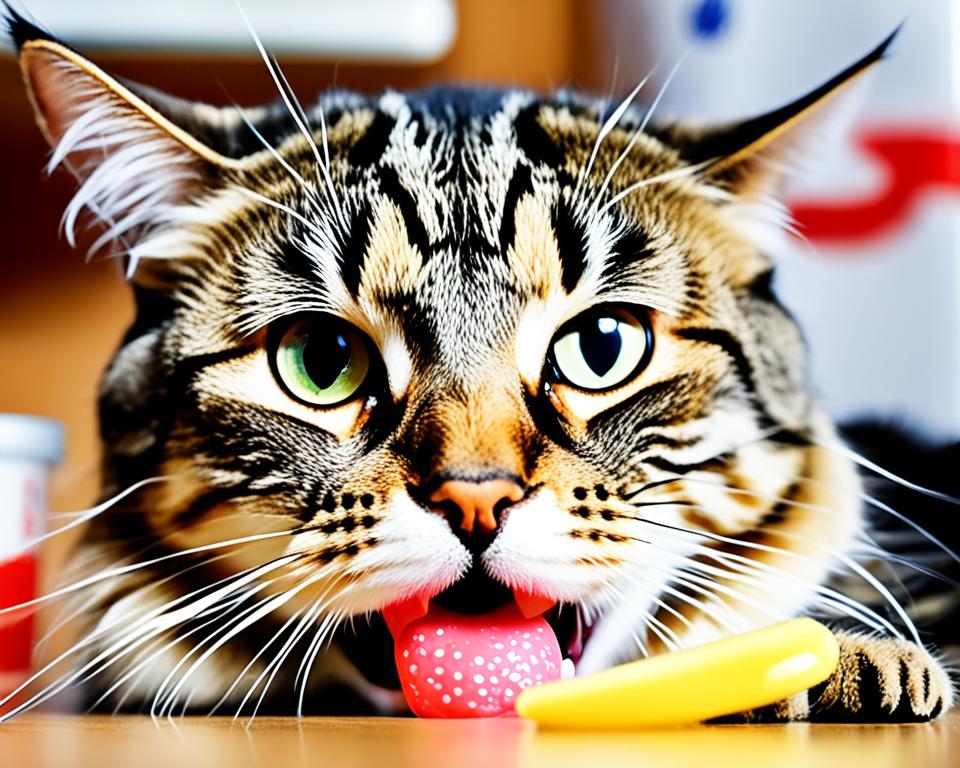
Understanding the various reasons for cat drooling can help you determine when it’s a harmless behavior or a sign of a more serious issue. Cats do drool under different circumstances, including when they are happy and relaxed, often purring while being petted. This type of drooling is usually nothing to worry about. However, there are other causes of drooling in cats that may warrant attention.
One of the significant causes of cat drooling is dental disease. Statistics indicate that 85% of cats over the age of three will develop some form of gum or tooth disease, which can manifest through symptoms like bad breath, blood-tinged saliva, or difficulty eating. Another common cause is upper respiratory infections, which often come with sneezing, nasal discharge, and eye discharge.
Other cat drooling causes include nausea, often linked to ingesting toxins or irritants, and gastrointestinal foreign body blockage, which might require imaging such as x-rays for diagnosis. Moreover, underlying health conditions like liver disease, kidney disease, or hyperthyroidism can also lead to drooling.
Older cats that suddenly start drooling may be at risk for neoplasia (cancer), which can cause difficulty swallowing and bleeding from the mouth. Physical trauma, such as jaw fractures or burns from chewing electrical cords, can also result in drooling.
Many medications have a bitter taste, leading to dramatic drooling in cats when administered. Neurological diseases can interfere with a cat’s ability to swallow, thereby causing drooling along with other signs like balance issues or weakness.
In some cases, cats might drool due to a foreign body stuck in their mouth, which causes discomfort. On the other hand, sometimes drooling can simply be a sign of relaxation and contentment in cats, especially when they drool while kneading or purring.
Why my cat drools when I pet him
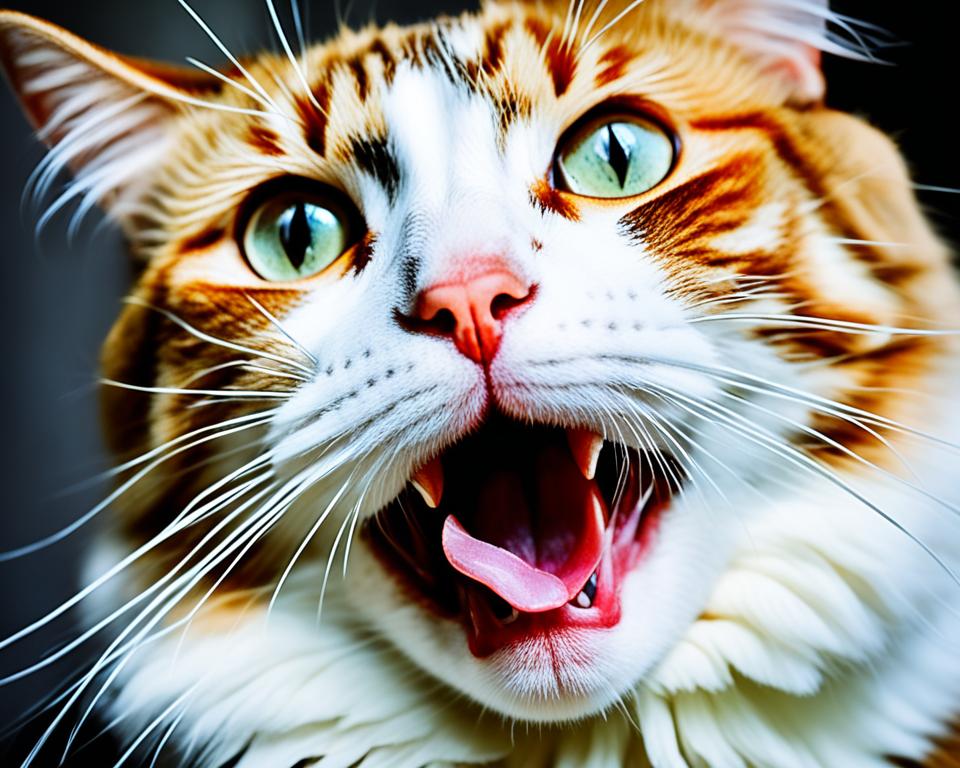
It’s not uncommon for cat owners to scratch their heads and wonder, “why does my cat drool when I pet her?” The answer often lies in the emotional and physiological responses of your feline friend. When your cat is purring contentedly and enjoying your affection, this can trigger a response known as cat drooling when happy. This behavior can be traced back to kittenhood, where the nurturing environment provided by the mother cat created a powerful association with comfort and satisfaction.
During these moments of peace and happiness, the drooling is a sign that your cat is feeling extraordinarily relaxed and pleased. This isn’t something to be alarmed about if it’s an occasional occurrence during petting sessions. In fact, my cat drools when I pet him, and it’s a delightful affirmation that he’s content and enjoys the bond we share.
Cats have five major salivary glands, which produce significantly less drool compared to dogs. However, when my cat drools when I pet him, it’s typically related to a combination of emotional wellbeing and physical comfort. Some cats may even drool as a remembered response from the days when they kneaded their mother’s belly to stimulate milk release. This nostalgic connection can explain why does my cat drool when I pet her, as the petting mimics those early, comforting experiences.
Is there anything else that makes my cat drool?
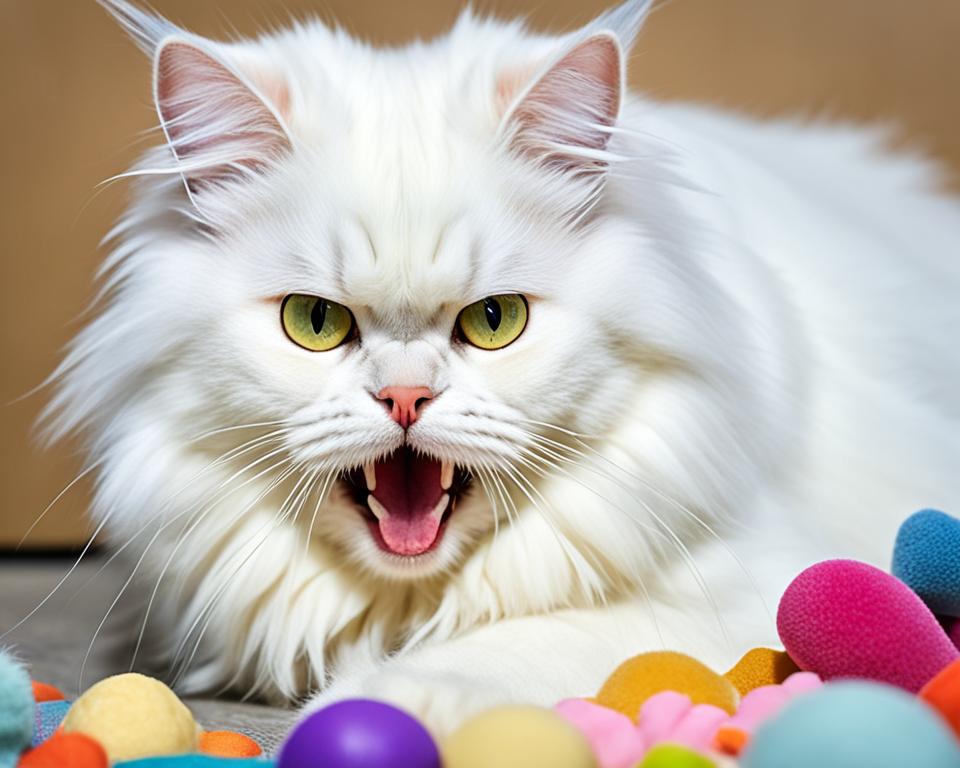
While drooling in cats can often be a sign of contentment, there are various other factors that might cause excessive cat drooling. Dental diseases are a significant factor, especially considering that up to 85% of cats over three years of age experience dental issues. Symptoms can include difficulty eating, chewing with the head to the side, and blood-tinged saliva.
Upper respiratory infections are another common cause of excessive cat drooling, often accompanied by sneezing, nasal discharge, and a decrease in appetite. Neoplasia (cancer) in cats can also lead to drooling, along with bad breath, difficulty eating, and other clinical signs.
Trauma, such as fractures of the jaw or skull, can necessitate surgical intervention due to the resulting drooling. Additionally, cats may drool if they taste something bitter, like certain oral medications. Neurological diseases might interfere with a cat’s ability to swallow, leading to drooling and other symptoms like balance issues and weakness.
Understanding how to stop cat from drooling depends on identifying the underlying cause. Cat drooling treatment can range from addressing dental issues to managing the symptoms of neurological conditions. In some cases, stopping the drooling may involve surgical or medical interventions. Monitoring and addressing these factors with your veterinarian can help ensure your cat’s well-being.
Is my cat drooling because it is sick?
If you’ve noticed your cat’s health drooling, it’s important to consider various underlying health conditions that might be causing this behavior. While cats might drool when they are happy and relaxed, such as when being petted, consistent or excessive drooling in cats may indicate illness.
One significant cause of drooling is dental disease. Symptoms like difficulty eating, chewing to the side, and blood-tinged saliva suggest that your cat might have underlying dental issues. Additionally, upper respiratory infections can lead to drooling and oral ulcers in cats, often presenting with sneezing and nasal or eye discharge.
Gastrointestinal blockages, identified through physical exams, can cause nausea and drooling with symptoms like vomiting. Herbivores like gastrointestinal foreign body blockage should not be overlooked. Furthermore, various diseases such as liver disease, kidney disease, and diabetes can also lead to nausea and drooling in cats, often diagnosed with blood and urine tests.
Cancers, particularly neoplasia affecting the tongue or throat, can result in excessive drooling, difficulty eating, bad breath, and bleeding from the mouth. Neurological diseases might also impair a cat’s ability to move food and swallow, causing drooling alongside balance issues and overall body weakness.
It’s crucial to monitor when drooling occurs. For instance, cat drooling and purring during petting may be normal. However, if this drooling is accompanied by bad breath, a lack of appetite, or weight loss, it’s advisable to consult a veterinarian. Vets can recommend a comprehensive set of tests, including blood, urine, or fecal evaluations, and imaging like x-rays and ultrasound to determine the root cause of the drooling.
When Should I Take My Cat To Vet?
Recognizing when to take your cat to the vet can be crucial for their health and well-being. If you observe your cat drooling when being pet, it might be a normal reaction to happiness. However, being vigilant about other symptoms is essential. Watch for signs like bad breath, difficulty eating, or an abnormal lack of appetite. These could indicate dental diseases, as up to 85% of cats over three years old suffer from tooth or gum issues, which can cause significant discomfort and drooling.
Sometimes, drooling can be a symptom of more serious conditions. Upper respiratory infections, often accompanied by sneezing or nasal discharge, can lead to increased salivation. If your cat appears nauseous or exhibits signs such as vomiting or gastrointestinal blockage, it’s a red flag. Liver and kidney diseases, detectable through blood and urine tests, along with cancer, diagnosed via imaging, can also cause excessive drooling.
Immediate veterinary attention is warranted if drooling is coupled with trauma, like fractures or burns. Additionally, cats with neurological issues might display drooling alongside balance problems or weakness. To understand how to stop cat drooling, consider offering water or treats if they’ve ingested something bitter like medications.
FAQs
Why does my cat drool when I pet him?
Cat drooling when petted can be a sign of contentment and relaxation. The physical interaction and emotional connection with the owner can trigger drooling, sometimes as a nostalgic association with kittenhood and the mother’s comfort.
Do cats drool when they love you?
Yes, some cats drool when they are very relaxed and comfortable, which can happen when they feel loved and secure. This drooling is often accompanied by purring and kneading.
Is it normal for a cat to drool when purring?
It can be normal for a cat to drool while purring if they are in a state of extreme contentment. However, if you notice excessive drooling, it may warrant a closer look.
What are common reasons for cat drooling?
Common reasons for cat drooling include relaxation and contentment, stress, dental diseases, and certain medical conditions. It’s important to differentiate between harmless and concerning drooling.
How can I stop my cat from drooling excessively?
If your cat’s drooling is excessive or linked to an underlying condition, consult a veterinarian. Regular dental care, stress reduction techniques, and addressing medical issues can help manage drooling.
Could my cat be drooling due to a health issue?
Yes, health issues such as dental disease, upper respiratory infections, nausea, and gastrointestinal blockages can cause excessive drooling. It’s important to observe other symptoms and consult a vet if necessary.
When should I take my cat to the vet for drooling?
You should take your cat to the vet if the drooling is accompanied by symptoms like bad breath, loss of appetite, vomiting, lethargy, or other signs of discomfort. Regular checkups can help maintain your cat’s health.

